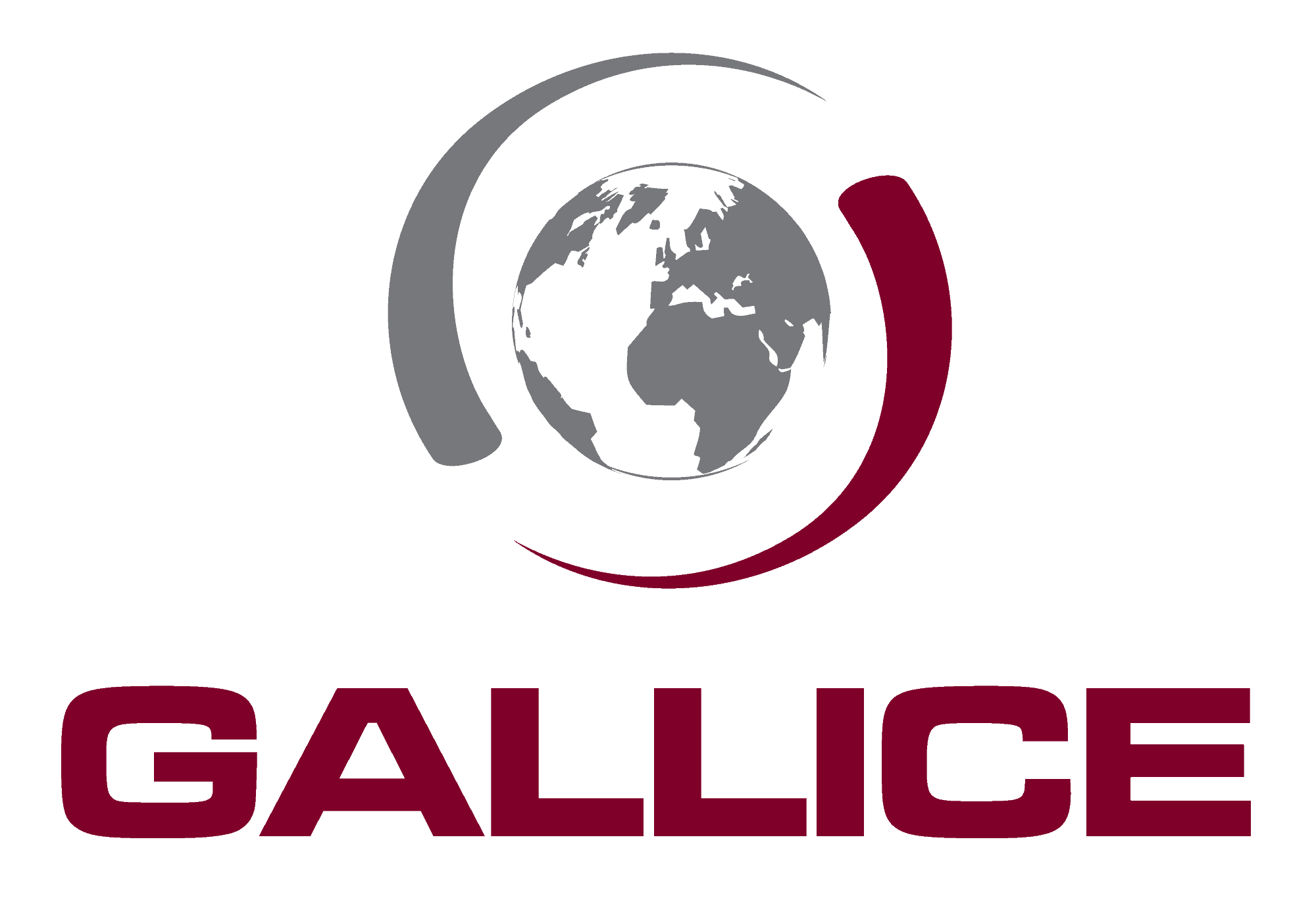SOUTH SUDAN
More than a decade after its independence, South Sudan remains one of the most unstable and dangerous countries in the world. In 2025, the security situation remains extremely poor, marked by deadly ethnic conflicts, very weak governance, and a protracted humanitarian crisis.
Despite the 2018 peace agreement, clashes between ethnic militias continue:
Intercommunal violence remains a daily occurrence in several states, notably Upper Nile, Lakes, Jonglei and Unity.
These clashes involve looting, kidnappings, village burnings and systematic sexual violence, with devastating consequences for civilians.
The implementation of the political transition is stagnating. The unity government formed by Salva Kiir and Riek Machar remains fragile, and the integration of armed groups into a unified national army is still not in place. Coup attempts were mentioned in late 2024, fuelling rumours of renewed power struggles. Riek Machar was placed under house arrest in March 2025.
In 2025, the country records:
Over 2.2 million refugees abroad,
Around 2 million internally displaced persons,
And over 9 million people (nearly two-thirds of the population) in need of life-saving humanitarian assistance, according to the United Nations.
The situation is exacerbated by cyclical flooding that destroys crops and roads, outbreaks of cholera and malaria, and restricted humanitarian access in several areas due to insecurity.
Journalists, aid workers, clergy members and human rights defenders are regularly threatened, intimidated, assaulted, or even assassinated.
Cases of abductions and targeted attacks against NGOs and international agencies were again reported in 2024, notably in the Equatoria and Upper Nile states.
The level of risk in South Sudan remains critical:
All travel is strongly discouraged, except for specific missions with heavy security arrangements.
Prior risk assessments, armed escorts, evacuation plans and continuous coordination with local humanitarian actors are essential.
Regional instability, notably the conflict in neighbouring Sudan, also places growing pressure on the northern border.
